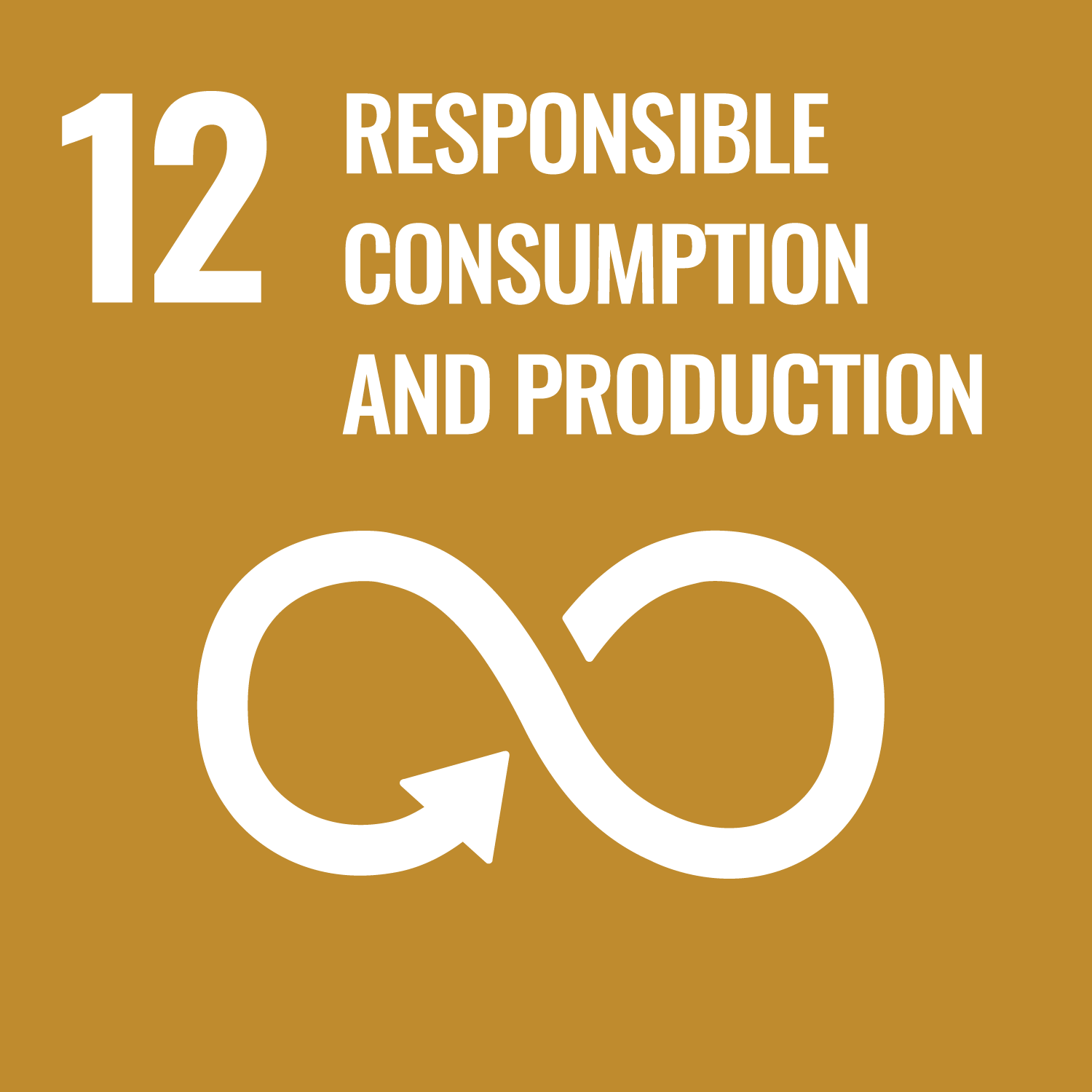How is engineering addressing SDG 12?
Dr Costas Velis is Lecturer in Resource Efficiency Systems at the School of Civil Engineering, University of Leeds. His research team innovates on recovering resources from solid waste and enabling a global circular economy while preventing risks to public health, such as from plastics pollution and wider waste mismanagement.
Costas also leads the ISWA Task Force on Marine Litter and recently led and coordinated the Global Review on Safer End of Engineered Life, a major report from the Academy's Safer End of Engineered Life mission, part of the Engineering X collaboration with Lloyd's Register Foundation. The report calls for urgent action to address the risks posed to human life and health through unsafe management and disposal practices of consumer goods and other engineered products at the end of their life.
What is SDG 12?
Worldwide consumption and production is one of the driving forces of the global economy. It relies on the use of the natural environment and resources in a way that has destructive impacts on the planet.
To achieve the goal of sustainable consumption and production patterns, we must urgently reduce our ecological footprint by changing the way we produce and consume goods and resources.
The Royal Academy of Engineering supports the Sustainable Development Goals.
SDG information taken from the United Nations Development Programme (UNDP) website.

